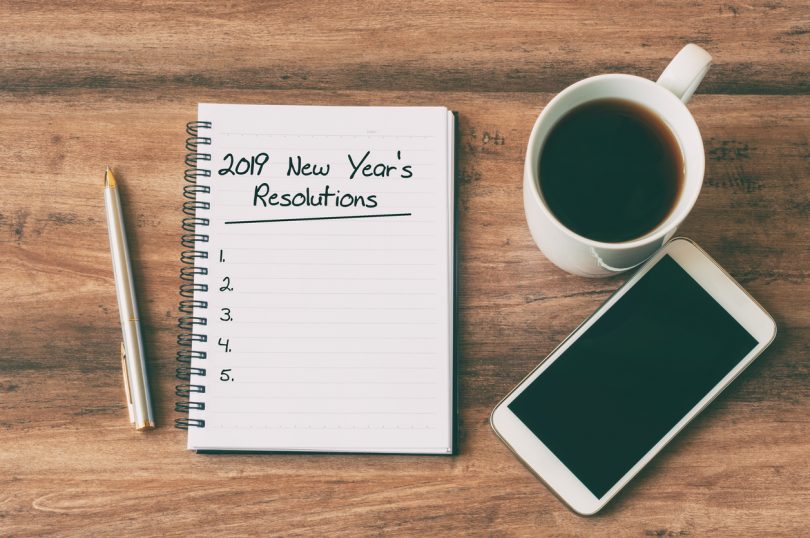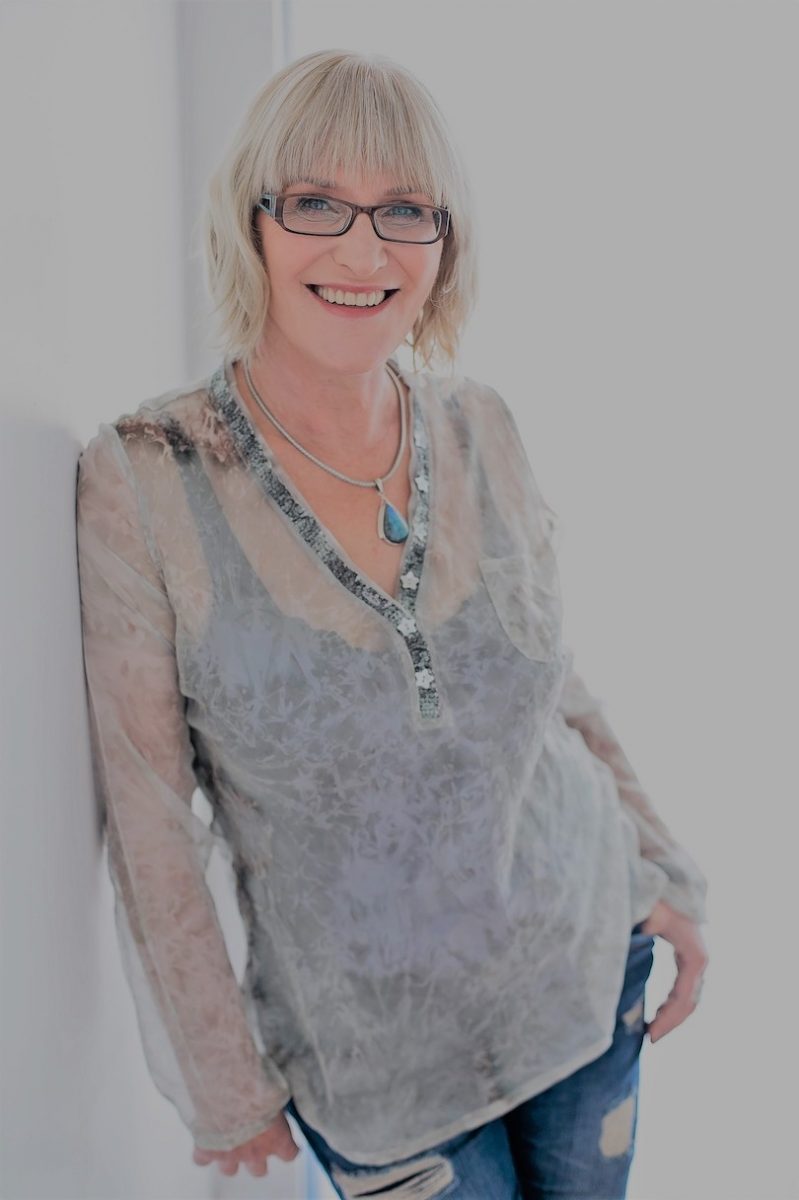
What makes us abandon our New Year’s resolutions?
At this stage, a percentage of us have weaned off of our New Year’s resolutions while others are doing all they can to stay strong. Statistics indicate that only 20 per cent will maintain their resolve past February. This fact elicits many questions about the nature of the human species. I wanted to find out why this happens and most importantly, how we can permanently beat this statistic to lose that weight, quit cigarettes and alcohol, heal our relationships or start that new business.
I found an expert on the matter, Rosi Pletzer. Rosi is the founder of Minds Align and has a background in fitness and nutrition, homotoxicology, microbiology, and biochemistry, and is a self-professed Indiana Jones, “always searching for the holy grail of health”. I caught up with Rosi and asked her to shed some light on why we stray from our commitments and how we can stay the course, not only throughout the year but beyond.

Rosi Pletzer, founder of Minds Align. Photo by Wilomark Imagery.
RA: They say that 80 per cent of New Year’s resolutions fail by February. Why is this figure so high?
RP: We generally have the best conscious intentions to change habits and set new goals [but] If we have subconscious beliefs opposing those shiny new goals it can be incredibly hard to stay on track. Our conscious willpower mind is only present five per cent of the time! The other 95 per cent of the time our subconscious habitual mind is running the show. It also has four million times the processing capacity than the conscious mind. Super easy to fall back into old familiar patterns, even if we don’t want them.
Lining up this super-fast processing subconscious mind with consciously considered goals, we ensure our New Year’s resolutions become the simple new reality. We are subconsciously directing ourselves to the new, 100 per cent of the time.
RA: What can people do to keep their resolutions throughout the year and turn them into habits?
RP: We can use repetition and commitment. Repeating the new resolution throughout the day for prolonged times, generally 21 days, often creates new habitual thinking. Staying focused on positive benefits helps willpower. The longer and more repetitively focused, the more likely it becomes habitual. Celebrate wins! The subconscious mind is habitual, so change is challenging. Celebrating helps lighten that perspective.
I tried quite a few methods to transform habitual behaviour and some negative thinking. All had benefit, then I discovered these simple and effective processes for change called PSYCH-K. Now I teach it and people from all walks of life and for all different reasons take the workshop.
RA: Beyond new year’s resolutions, what blocks people from living their full potential?
RP: Our beliefs, values and perspectives are primarily absorbed during the first seven years of life. We take on ideas and beliefs of primary care-takers and society around us. We don’t have a conscious filter that questions the validity or benefit of those beliefs at that age. No one’s fault, just how we perceived something during the moment and then that became the perceptual filter through which we view our world. If we believe we can do most things, then we get out there and give most things a shot! If we believe we can’t, we probably don’t even try. Life becomes a self-fulfilling prophecy in many ways.
There are many defining beliefs that either support us or limit us in many different ways, as worthy or worthless, lovable or unlovable, good enough or wanting …and so on. The trick is to identify those beliefs and update the limiting ones to those that support, in all areas of life.
RA: How can we support ourselves and others in the process of change from unwanted habits or behaviours to desired ones?
RP: Positively-stated communication. We don’t take in negatively-stated commands or observations very well. A simple supportive step is to use positively-stated ideas and encouragement. For our buddy whose goal it is to stop smoking, we could comment on how great they smell, how cool it is to see them living freely etc. instead of bringing attention to what it is they are trying to move on from. Moving toward joy is very different from moving away from pain.
Kindness doesn’t cost anything and is such a supportive gesture, especially in times of change. Be kind to yourself and others.
Rosi is a Psych-K Instructor who likes to research and explore why people are not living to their fullest potential.












